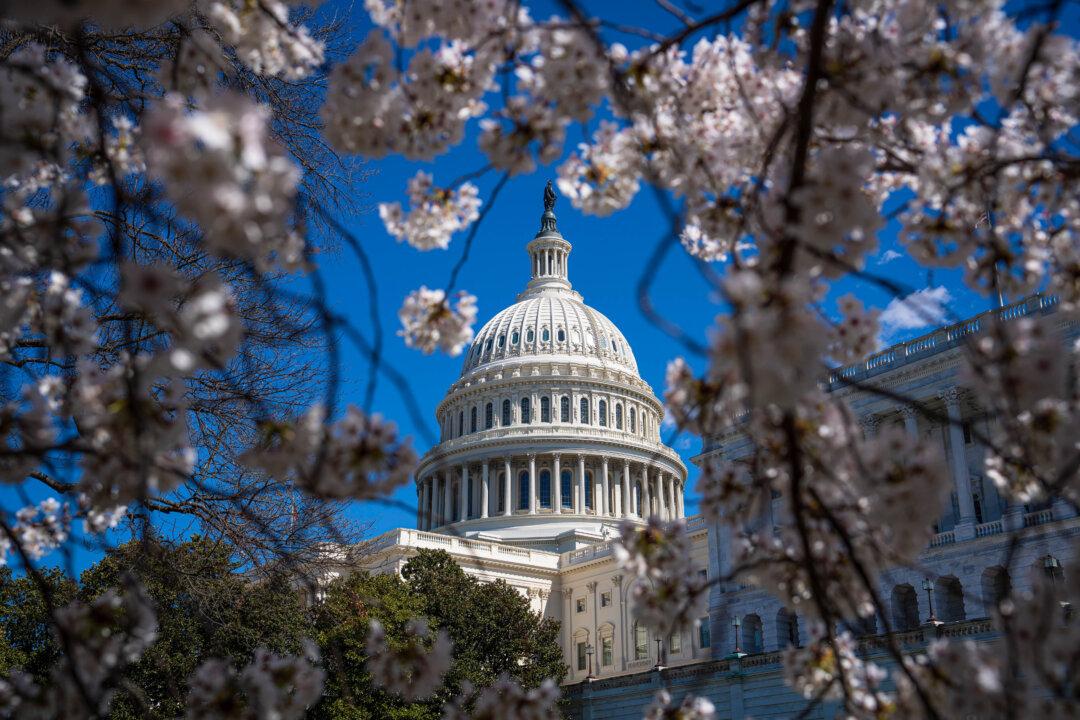Senate Republicans say that the filibuster is “sacrosanct,” and won’t be gotten rid of even if former President Donald Trump reclaims the White House in November.
Speaking to reporters as they left a conference meeting about the upcoming Senate leadership election, Republicans said they would rebuff any efforts to overturn the filibuster.





